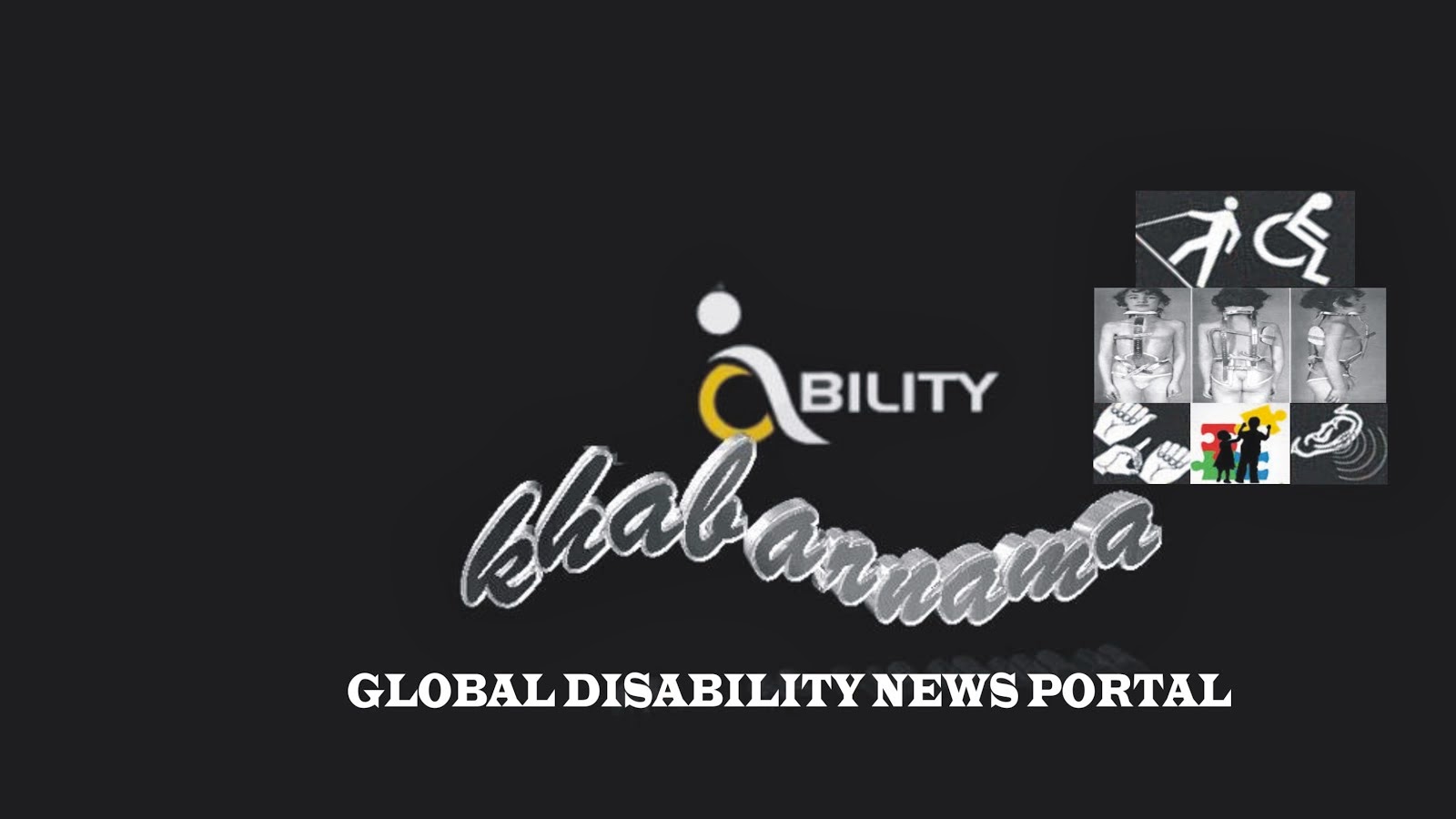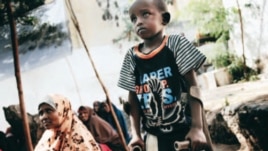
For this job-seeker, the shock of his life came when he approached the employment office. Ramraj
(41) of Hosur registered at the employment exchange in 1987 with his
qualification as class 10. Later Ramraj, a physically challenged person,
did M Com and PGDCA, and renewed his qualifications.
He
renewed his registration four times in 26 years and kept all the renewal
cards with him. In November 2012, he got a job offer as a night
watchman in a government school. When he approached the district
employment exchange to get his updated document, he got a shock of his
life as it declared him ‘mentally challenged’.
“I
was shattered when I read it. I was declared as mentally challenged
candidate. None of my credentials except my class 10 qualification was
renewed in my file. I met with an accident and my right leg joints have
completely stopped functioning. Doctors in the Dharmapuri medical
college hospital have given a report that I am physically disabled
person with ortho complaints,” he said.
When Ramraj
approached the Krishnagiri district employment officer Kasthuri for
correction, he suffered untold misery. “The officer verbally abused me.
She called me names and alleged I forged my certificates. The truth is
the employment exchange has forged my records,” he cried. Not just
Ramraj, many applicants at the Krishnagiri complained of Kasthuri’s
temper.
Sardar Barur, a
minority, was ‘converted’ to a Hindu. When he questioned the officer, he
said he was ill-treated and thrown out. For Reena Kumari, her
name appeared as Rukmani in the documents. She was shunted out of the
final interview by a government department because a different name
figured in her report.
When
contacted, district collector T.P.Rajesh said, “Already we have received
complaints against Kasthuri on different grounds. We have started
inquiries now. She will be pulled up.”
Job portal goes jobless for two hours
The
site ‘www.tnvelaivaaippu.gov.in’- a government employment exchange
portal, was jobless on Thursday. This site run by the department of
employment and training has the database of 65 lakh job seekers in Tamil
Nadu, crashed for more than two hours, as the site failed to work. While
the employment exchanged blamed BSNL for the crash, officials in BSNL
told DC that there was no problem in the network on Thursday.
In
order to help out students who have just cleared their Plus-2 exams,
the government announced that students can register their qualification
directly on the government site. And there was no need to wait in the
queues in front of the government employment offices. The site promises
to have live register of employment offices and provide information to
students and job seekers about opportunities in government and private
industries. But the crash of the site prevented students and some school
administration staff who were ready to help students in remote areas to
enter the data in the online portal.
Sekar
and V.Meenakashi, joint directors of the directorate of employment,
and training in Guindy, admitted that the site crashed for a few hours
on Thursday. “The site crashed for a few hours in the morning.
There
is a problem in the BSNL network in Guindy. The site was working well
later in the day,” they said. When contacted, a senior BSNL officer
clarified that the BSNL network did not have any problem in the Guindy
or any other area on Thursday. “Our network did not suffer any problems.
Probably the server of the employment exchange might have failed to
work,” said the officer.
Source : Deccan Chronicle , 31st May 2013







